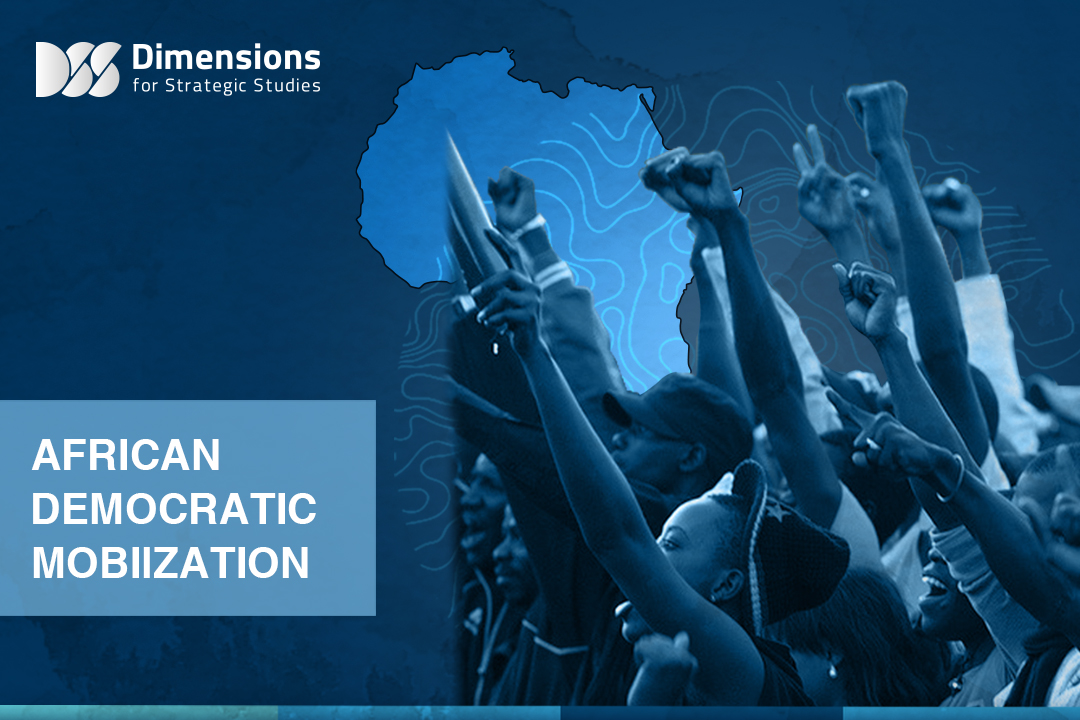
AFRICAN DEMOCRATIC MOBIlZATION
2022-02-044075 view
The terminology of the democratic mobilisation in Africa is a subject of debate and controversy; Due to the difficulty of classifying the waves of civil movement and developments that the continent has witnessed for more than a decade, and the different nature of the democratic movement in sub-Saharan Africa region compared to North Africa and the Middle East.
This paper relies on the methodology of reviewing reports on social developments and studies related to the political scene in Africa in general. It investigates different facts on the ground and the information surrounding democratic mobilisation in the sub Saharan Africa. The goal is to understand whether protests in Africa can be called the "African Spring". As such we can deduce what historical data and trends of events for more than a decade indicate.
It can be concluded from this study that the sub-Saharan Africa region has recorded relative successes in the field of democratization, and the current dynamics in the region indicate that indifferent African governments will continue to confront civil mobilization and popular pressures if current challenges persist. In addition, the situation in some African countries may lead to conflict and destabilizing change, where the frustrated and unemployed youth pose a major threat to stability, especially as the gaps of popular support between the incumbents and the opposition continue to narrow, and with the diminishing of affinity with the old guard.
Among the results of the study is that the democratic decline in African countries - as a result of the creation of power vacuums and weak legitimacy - reinforces the flourishing of organized crime, as is the case in Somalia, which has faced the crisis of the "Al-Shabab" movement since 2006, and north-eastern Nigeria, which has been suffering from the rebellion of the "Mozambique" and the Boko Haram rebels since the year 2009.
Read more on the folowing link: AFRICAN DEMOCRATIC MOBIlZATION





